POLITICO Q&A: UEFA President Aleksander Čeferin
UEFA President Aleksander Čeferin sat down with POLITICO for an in-depth discussion on the state of sport and the world, ahead of last week’s draw for this season’s European football competitions.
In his temporary office in Monaco, Čeferin candidly discussed a wide range of subjects from the Middle East to Russia’s war in Ukraine, from sanctioning athletes to relations with world football’s governing body FIFA.
He reserved particularly pointed criticism for global leaders — “reckless politicians,” in Čeferin’s searing opinion — who are contributing to loss of life and civilian destruction on a grand scale.
This transcript has been edited for length and clarity.
POLITICO: I wanted to start on a lighter note, because I know we’ll get into some heavier topics today, but you come from a country [Slovenia] of 2.1 million people. At the moment, that country has produced two of the world’s current top ten athletes: Tadej Pogačar [cycling], Luka Dončić [basketball]. What do you attribute that to from such a small nation?
Aleksander Čeferin: I think it’s a great mix. We have some Balkan fighting spirit, but not too much. We are still disciplined. Our culture is closer to Austrian or Northern Italy. At the same time, we are fighters, like all these ex-Yugoslavian nations are. And those results are really phenomenal. It’s very hard to explain in one sentence, but I think that the combination of genetic and cultural is what brings us there.
POLITICO: Regarding how football intersects with politics and foreign policy, what will it take for Russian clubs and teams — at any age group or any level — to be invited back to European UEFA competitions?
Čeferin: I mean, for us, it’s pretty clear that the war has to stop. The war has to stop. I hope that we are moving in the right direction, but I don’t have information except from the media. We wanted to bring youngsters, under-17 boys and girls, back, and we even got the support from our executive committee. But then it was such a political hysteria. Such a pressure on certain members of the executive committee; they didn’t change their mind but they asked us to wait because they were privately, personally so attacked that they couldn’t stand it anymore.
I still think that the children should be treated differently because, you know, they are raised in fear and hatred. ‘They don’t like us, they hate us,’ and so on. If they would come to play in Slovenia, I’m sure Slovenian children would hug them and speak to them. And English, and Scottish, and Austrian, and whoever … They would understand that we are not their enemies, that nations are not enemies between each other. But politicians, they don’t care about that. And the second thing is the child doesn’t even vote. They don’t support any politicians. And they are not allowed to meet children from the other parts of the world. So that’s, I think, quite sad. But sometimes you have to be pragmatic, and sometimes you have to protect people who are attacked by populist politicians.
POLITICO: We’re here in Monaco for the Champions League draw. At the end of this Champions League season, the final’s going to be held in Budapest. Do you have any misgivings about the fact that it’s in Budapest given Prime Minister Viktor Orbán’s ongoing relationship with Russia, and tensions he’s had with Ukraine?
Čeferin: For me, if we would have any problems with that, we would become a political organization. Hungary is our member. I respect Hungarians. I respect the Hungarian government exactly the same as the German government or any other government in Europe. And if you think that we will award competitions only to the ones who are in line with mainstream politics, then you’re wrong. I mean, I don’t think that the ones who are the loudest critics are exactly the champions in human rights as well. So I don’t have any problem with Hungary. And by the way, the Hungarian government made more investment into sports infrastructure of all the governments that speak a lot but don’t do much for football.
POLITICO: Have you had any discussions about expelling Israeli clubs from your competitions over the war in Gaza?

Čeferin: Look, first of all, what’s happening with civilians there is personally hurting, killing me. It’s impossible to see these things anymore. From the other point of view, I’m not a supporter of banning the athletes. Because what can an athlete do to their government to stop the war? It’s very, very hard. Now, the ban for Russian teams is, I think, three and a half years. Did the war stop? It didn’t. So for now, I don’t know. I have to say that with the situation in Russia and Ukraine, there was a super strong political pressure. Now it’s more a pressure of the civil society than politicians, because politicians are obviously, when it comes to wars and victims, very pragmatic. I cannot say what will happen. There are talks about everything, but me personally, I’m against kicking the athletes out.
For example, the former player of Yugoslavia, [Dejan] Savićević, who is now president of the Football Federation of Montenegro, he said that in ‘92 when Yugoslavia was banned from playing the European Championship, they [the players] were all against [Slobodan] Milošević. They were all against the system. The system was non-democratic and so on. But they were kicked out. And because of the political sanctions, the result was the hatred against the West that still stays. In Serbia, for example, if you go to a referendum about NATO, 80 percent will be against. So, for me, sport should try to show the way but not by forbidding the athletes to compete. But to be honest, again, with the war, Russia-Ukraine, we had an almost hysterical political reaction. We were among the first to act, truly believing that sport could help put an end to this tragedy. Sadly, life showed us otherwise. Now I don’t see much reaction from politics. From civil society it’s huge.
And I cannot understand how a politician who can do a lot to stop the slaughter, anywhere, can go to sleep seeing all the children and all the civilians dead. I don’t understand it. You know, the idea football should solve these problems? No way.
POLITICO: Your organization’s rules prohibit political, religious, ideological messages in stadiums. Did you think that banner at the Super Cup was a political message and was that because you don’t want UEFA to be seen to be silent on Gaza?
Čeferin: We have a UEFA foundation for children. We are not living on another planet. We are living in this world. And when you see children dying all around the world because of — it’s a diplomatic statement, if I say — reckless politicians. Whoever thinks that ‘Stop Killing Children, Stop Killing Civilians’ is a political message is an idiot, for me.
It’s terrible that children are dying because of political interest, starving to death. Mohammed, who was giving the medals with me [at the Super Cup], lost his mother and his father. And he was heavily injured. I’ve never seen a child hugging me so much as he did. He needs love. He doesn’t need another bomb on his head because of a geopolitical interest. So it’s far from politics.
But from the other point of view, you know, politics is everywhere. When you show your Scottish flag, it’s politics. But we don’t interfere in politics, but we will not say that killing children anywhere or civilians is a good thing. We have to say we despise it, and we will always say it.
But you know what happened in the end? I got letters from the populist extreme organization from Israel that because of that we are anti-Semitic. From the other point of view, I got from extreme far-left and pro-Palestinian ‘solidarity’ groups that ‘this is nothing, that we’re just washing our hands.’ So, you know, in life probably many times it’s the best not to do anything. But if such a big thing is going on, such a terrible thing that doesn’t allow me to sleep — not me, all my colleagues — nobody in this organization said we shouldn’t do it. No one. Then you have to do what is the right thing to do.
POLITICO: Okay, so how did it feel at that point to get backlash from both sides [about the banner]?
Čeferin: Some extreme populist minorities from both sides were not happy. We’ve got tons of positive messaging. I know that for you, media, it’s very hard to say anything positive about anyone, especially UEFA, and I don’t care about that. But I was touched when I got some letters from people who said, you are the only organization who did something. And from both sides. And I have full, full support from the Israeli Football Federation, from the president, who is a good friend of mine. So let’s hope that the world calms down, but it doesn’t look that way. For me, it’s not been as dangerous since the ‘30s of the last century.
POLITICO: Whose idea was the banner and was it in any way prompted by [Liverpool and Egypt player] Mo Salah’s tweet criticizing UEFA?
Čeferin: No, it was our idea, I can say. It was our idea. We were thinking about that for a long time.

POLITICO: On a different subject, were you concerned — or are you concerned — about FIFA’s attempt to build a competitor tournament to the Champions League?
Čeferin: No, I’m not concerned at all. Our clubs wanted it, especially the big clubs, I think that the reason was mainly financial. And if they organize a Club World Cup every four years, for our organization and for me personally, it’s perfectly fine. But that’s it.
POLITICO: What if they wanted to do it every two years?
Čeferin: I wouldn’t agree with that, but I don’t think they want to.
POLITICO: In May, UEFA put out a statement accusing the president of FIFA of pursuing his own private political interests ahead of the good of football, when he arrived late to the Congress in Paraguay. A few days later, there was another [UEFA] statement pointing out, actually, the good collaboration that UEFA has with FIFA on many issues. What changed?
Čeferin: Nothing changed, but maybe the first press release was a bit overemotional. To be honest, there are things that we disagree on. But 90 percent, we do agree. I think you should in life, and in professional and private life, choose your battles. You should fight when it’s a reason, really reason to fight, but every fight is tiring, so I have to say that the relationship with FIFA is much better than before.
POLITICO: And you’re not worried about the idea that FIFA is encroaching on UEFA territory?
Čeferin: No, club football is not only UEFA territory. They had this Club World Cup before, which was a much smaller thing. I mean, the most problematic thing about that is that the players are dead after the season, and then they have to go and play in this five-week tournament, which is too much. They would have to speak also with the clubs who supported this idea. So that’s the thing that is tiring because they have the men’s competition, they have the Club World Cup, then next year they have the World Cup, and one year nothing and then Euro and Copa America and everything. So it’s tiring and now with the African Cup of Nations being in January it’s a never-ending story. So that’s tough. But let’s see what happens in the future.
POLITICO: But at the moment you would say relations with FIFA are at a more positive level than they have been?
Čeferin: Yes, absolutely. Absolutely.
POLITICO: Do you think the multi-club ownership of European clubs has gone too far?
Čeferin: This is one of the issues that we will have to deal with now, quite a lot. Now to forbid it completely means that you will push the investors out of football. To allow two clubs to be owned by the same owner and play the same competition is a no-go for us because of the credibility of the competition. The moment we lose credibility of competition, we lose everything. And now football is a specific sport. In football, if Olympia Ljubljana would play PSG tomorrow, for sure, before the match, I would say, ‘maybe we have a chance, because in football you never know.’ And if it would be the same owner, and Olympia Ljubljana beats the winner of the Champions League, nobody would believe in the credibility of competition anymore. And that’s the problem, and that’s why we are dealing case by case. I know that our people who are dealing with that found a solution that the blind trust has to take over [from the owner], so they don’t have decisive influence, and so on. This is for now the solution, but we are discussing that a lot.

I’ve heard just these days that some clubs want to come to see me with some ideas. I don’t know, but to allow the same majority owner with decisive influence in two clubs to play in the same competition will not happen. This will not happen because that means that the competition loses all credibility.
POLITICO: They didn’t comply with the letter of the law and the shares weren’t placed into a blind trust by the deadline, but did you have sympathy for the Crystal Palace fans — after the success they had last season — to not be in the competition they thought they would be?
Čeferin: Of course. Of course I have sympathy, it would be a historical thing for them. But it’s not UEFA’s fault that it happened. They will still play in Europe, that’s also a good thing. I was not included in the decision-making process; I just knew the result. But of course, I feel sorry. It’s not the fault of the fans and it’s not the fault of UEFA and it is not the fault of the players and the coaches.
POLITICO: A big issue at the moment in Brussels and European football is the Spanish and Italians trying to take league matches outside of their territory to Miami, to Australia. Is that something UEFA will look to block or is that something you’re happy to give the green light to?
Čeferin: We’re not happy but, as much as we checked legally, we don’t have much space here, if the federation agrees, and both federations agreed. But I think that for the future we’ll have to discuss this very seriously, because football should be played in Europe, fans should watch football at home, they cannot travel to Australia or the U.S. to watch their teams. We will open this discussion also with FIFA, and with all the federations, because I don’t think it’s a good thing. OK, if it’s an exception, fine; if there’s a reason, fine; but, in principle, European teams should play in Europe because the fans that are supporting them live in Europe. It’s a big tradition. And we were just discussing today that we will have to open this discussion for the future.
POLITICO: But it’s something you would hope that, after a discussion, we would stop happening in the future?
Čeferin: Yeah, at least that we can decide only in cases where there’s absolutely no other option.
POLITICO: What about UEFA competition matches? Are there any UEFA games like Nations League games or exhibition matches that you would be happy to see staged in America or the Gulf or Australia?
Čeferin: For now, we haven’t discussed about any staging of any matches out of Europe. I think it’s as simple as that, it’s not on the agenda.
POLITICO: Barcelona chief Joan Laporta said at the end of July that UEFA was in negotiations with the ESL [European Super League, which UEFA fought after its aborted launch in April 2021] promoters and they’d been discussing competition models and some sort of global tech platform. Is any of that accurate?
Čeferin: Now, if UEFA was in negotiations with them [ESL promoters], then the president of UEFA doesn’t know it. And without me knowing it, it doesn’t make sense. So that’s not true. Of course, we communicate, not me personally, but we communicate with both clubs from Spain. I also had a meeting with Laporta, all fine, but that’s no negotiation. The system or the new format [of the Champions League] will not change, this is clear. Both clubs [Real Madrid and FC Barcelona] are always welcome back in the European football family, where they have always belonged.
POLITICO: You’ve been president of UEFA since 2016. What would you say has been the achievement you’re most proud of in that time?

Čeferin: I don’t like to speak about my achievements. I think the others should speak. I don’t expect journalists to speak about my achievements.
POLITICO: We’ll get to your regrets after.
Čeferin: I think that first of all, UEFA had so many difficult situations in these years that it didn’t have in all the history of our organization. We had COVID times, and I’m for sure proud that we kept our competition, that we did the final of Champions League and Europa League. These were tough times and we moved the Euro to help the leagues finish the leagues so European football showed such unity back then that it was amazing. Second thing, obviously, to stop this elitist competition [the Super League] which would, in my humble opinion, destroy football as it is.
POLITICO: Biggest regret?
Čeferin: Biggest regret? There are some regrets, but I don’t remember any now. I mean, many things I would do differently now, but those are day-to-day things. Maybe some things even in communication, sometimes you are pumped up by something, so you react in a way that you could be a bit more diplomatic. I know that about me.
POLITICO: Stepping back from the football, we’ve talked about some of these subjects already, but you look at Russia and Ukraine, you look at Israel and Hamas, you see tensions between the White House and Europe. You look at Chinese dominance in all sorts of different spheres, the decline of European industry and jobs, and rising right-wing nationalist politics. When you look at all that, what are your observations there and do you think Europe has been weak in the face of many of these issues?
Čeferin: Yes, I think that it has been — and still is — a bit weak, as much as I see. I don’t understand why Europe doesn’t have its own strategy, why we don’t speak with everyone. I see this as a problem. As I said before, the world is dangerous, more dangerous than ever, I think. My friend Jack Ma [the Chinese entrepreneur] told me once; first it’s disease, then it’s war, and then it is hunger. Hunger means probably economic crisis. People cannot discuss some topics. Some topics are complete taboo. That’s why people are becoming more and more angry and divided.
POLITICO: You have an example of what you mean by that?
Čeferin: An example about anything that is against political correctness. So you have this, I would call it the fake left who say ‘we know everything you don’t know anything, if you open your mouth you have a problem’ and you have on the other side very simplistic rhetoric from the extreme right political groups, who say ‘migrants are taking your jobs, they are doing crime blah blah blah’ and it’s much easier for people to believe that. That’s what, in a way, scares me because in history when these things happened the war followed. I don’t see why we can’t discuss everything. I speak with people who are intellectuals, who are not just some idiots who only listen to the extremists’ opinions, and they say it’s impossible to have a proper dialogue now because everything today turns around closed-mindedness and hypocrisy. And I think Europe is lost in this thing a bit, and then we are over-regulated. I don’t know why we don’t discuss with China as well, why don’t we discuss with everyone to help the Europeans.
POLITICO: Do you rule out going for another term [at UEFA] in 2027 when this one’s over? Is that something you’re open to?
Čeferin: At this point, I don’t want to comment on this at all.
POLITICO: You’re not saying no to it, you’re not saying yes to it?
Čeferin: I said what I said.
POLITICO: On the same theme, national politics — Slovenian president, Slovenian prime minister — would you consider going for a role like that at some point in the future?
Čeferin: No. But as my father loves to remind me, every no is just a way to tempt the future.
POLITICO: And the big job, FIFA. Would you ever want to run FIFA?
Čeferin: No. Maybe I’ll relax a bit one day.
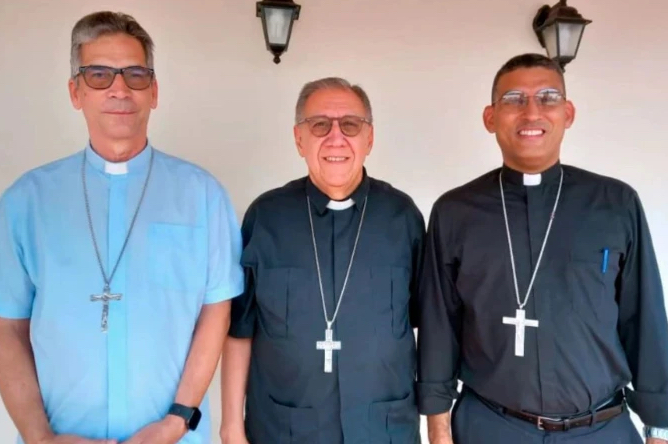
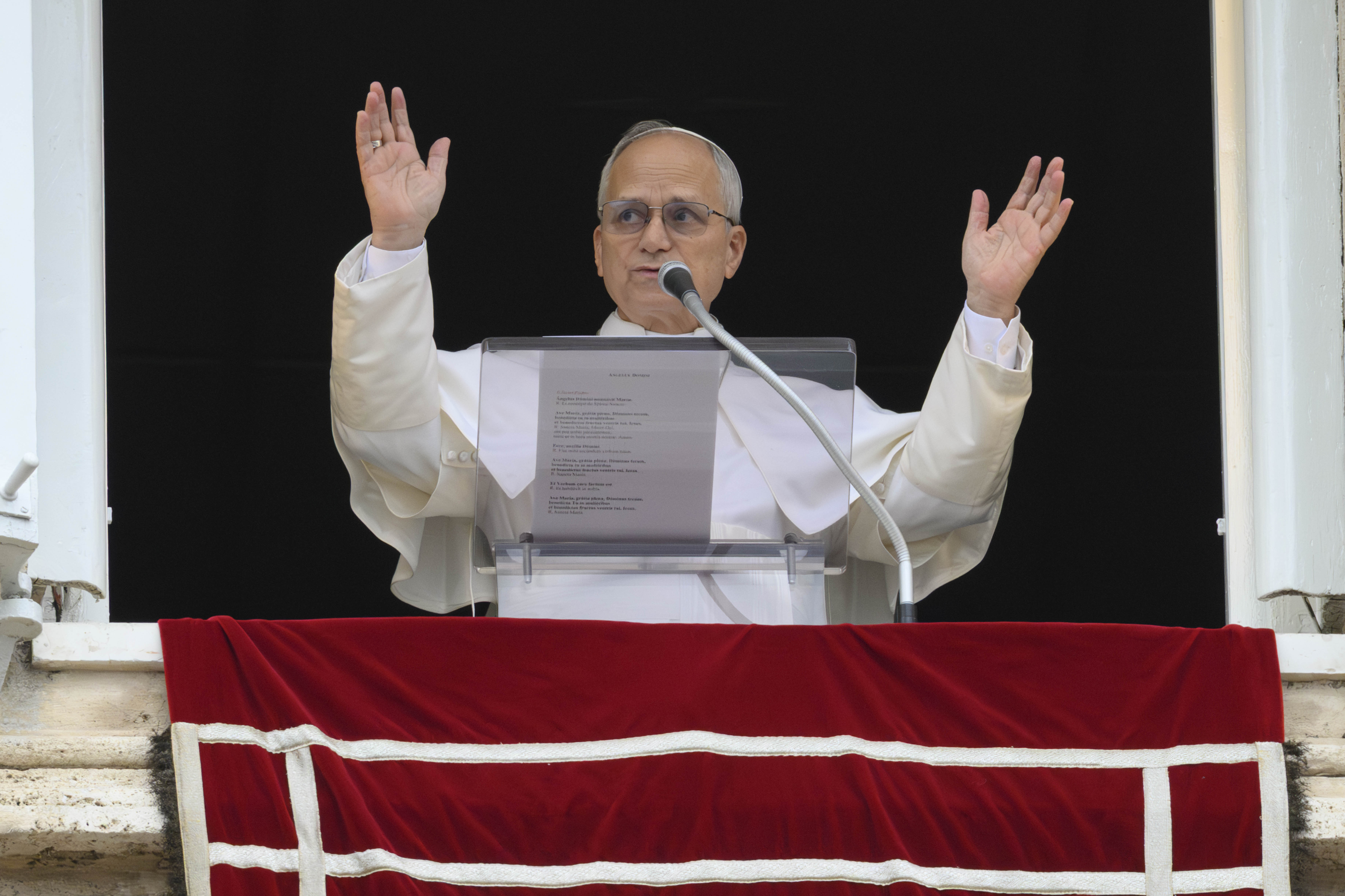
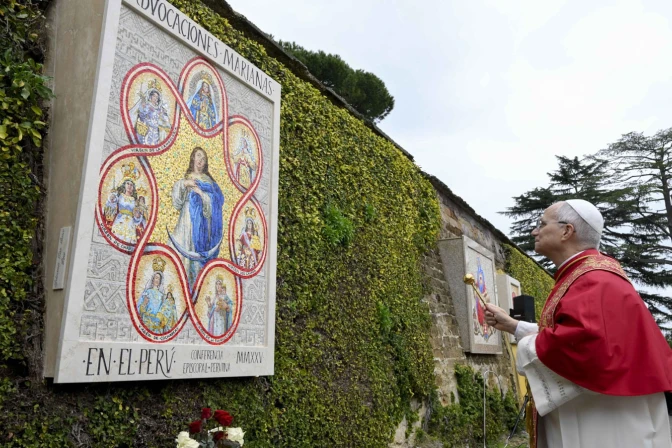







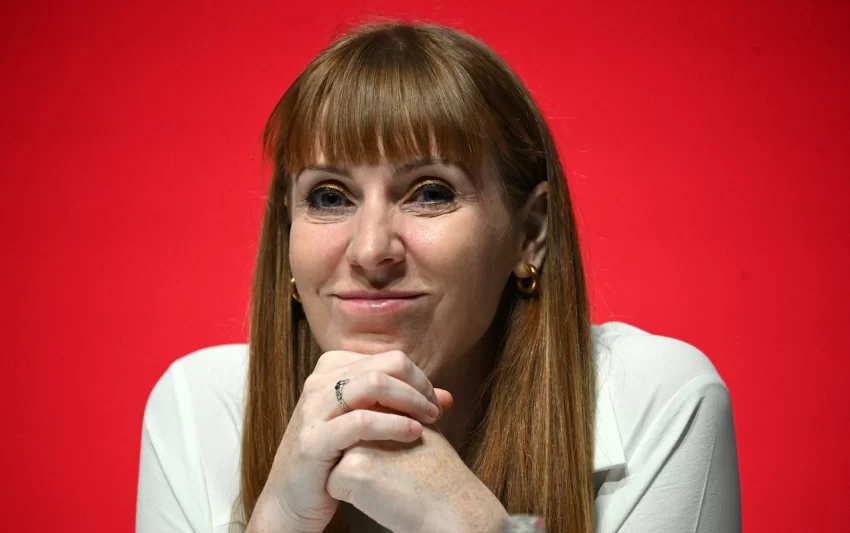






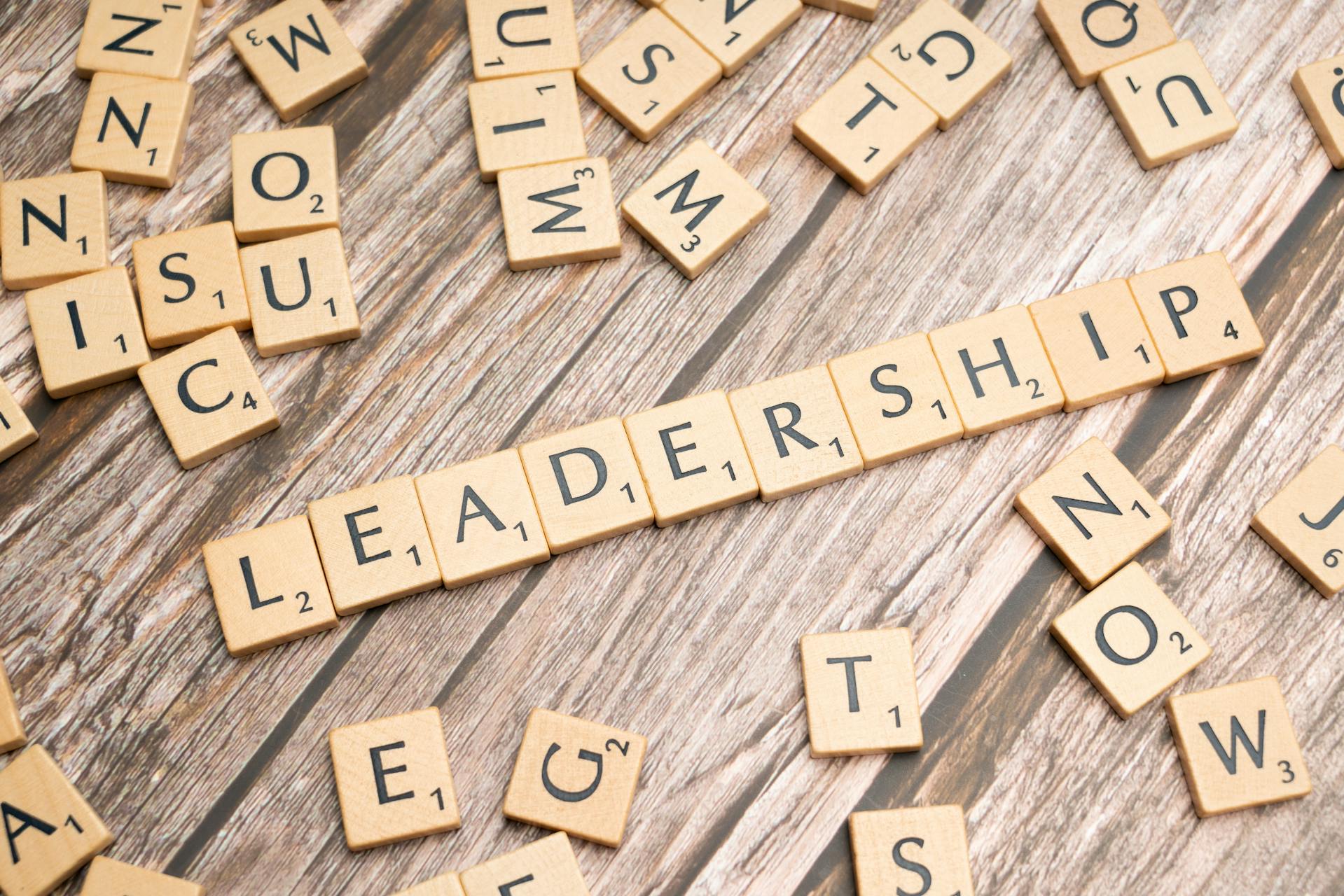


:quality(85):upscale()/2023/09/18/918/n/1922398/a1136b676508baddc752f5.20098216_.jpg)
:quality(85):upscale()/2025/10/09/670/n/1922283/00b944c868e7cf4f7b79b3.95741067_.jpg)
:quality(85):upscale()/2025/10/15/765/n/1922398/29c37a6e68efd84bb02f35.49541188_.jpg)
:quality(85):upscale()/2025/09/09/891/n/1922283/7222624268c08ccba1c9a3.01436482_.png)
















